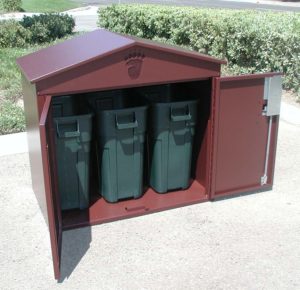California Property Tax Exemptions
The majority of people who live in or near California have heard the term Prop 13 at some time or another. Prop 13 caps increases in property taxes if the property owner meets certain requirements. A somewhat less known law in California is Prop 60 and Prop 90 (sometimes referred to as Prop 60/90), which amended the California Constitution. This exemption allows a resident that is 55 or older, in certain circumstances, to sell his/her property and replace it with another while maintaining the Prop 13 tax basis on the original property. There are many restrictions and rules to using Prop 60/90, some of which are discussed below.

To qualify for
Prop 60/90, the resident must be over the age of 55 or a severely and permanently disabled person. Next, the replacement dwelling must be of equal or lesser value and be purchased within two years of the sale of the original property. In most circumstances, this exemption may only be used once.
Ten counties have adopted ordinances that allow residents to take advantage of Prop 60/90 even when relocating to/from other counties. However, if your property is not located in one of these counties the replacement property must be in the same county as the original property. There are other requirements that must be met under Prop 60/90 but this law can be a great way for someone to relocate while maintaining their property tax basis. This allows for mobility of many seasoned Californians looking to downsize. If you would like to learn more about this property tax exemption and whether you qualify, do not hesitate to contact our office.



